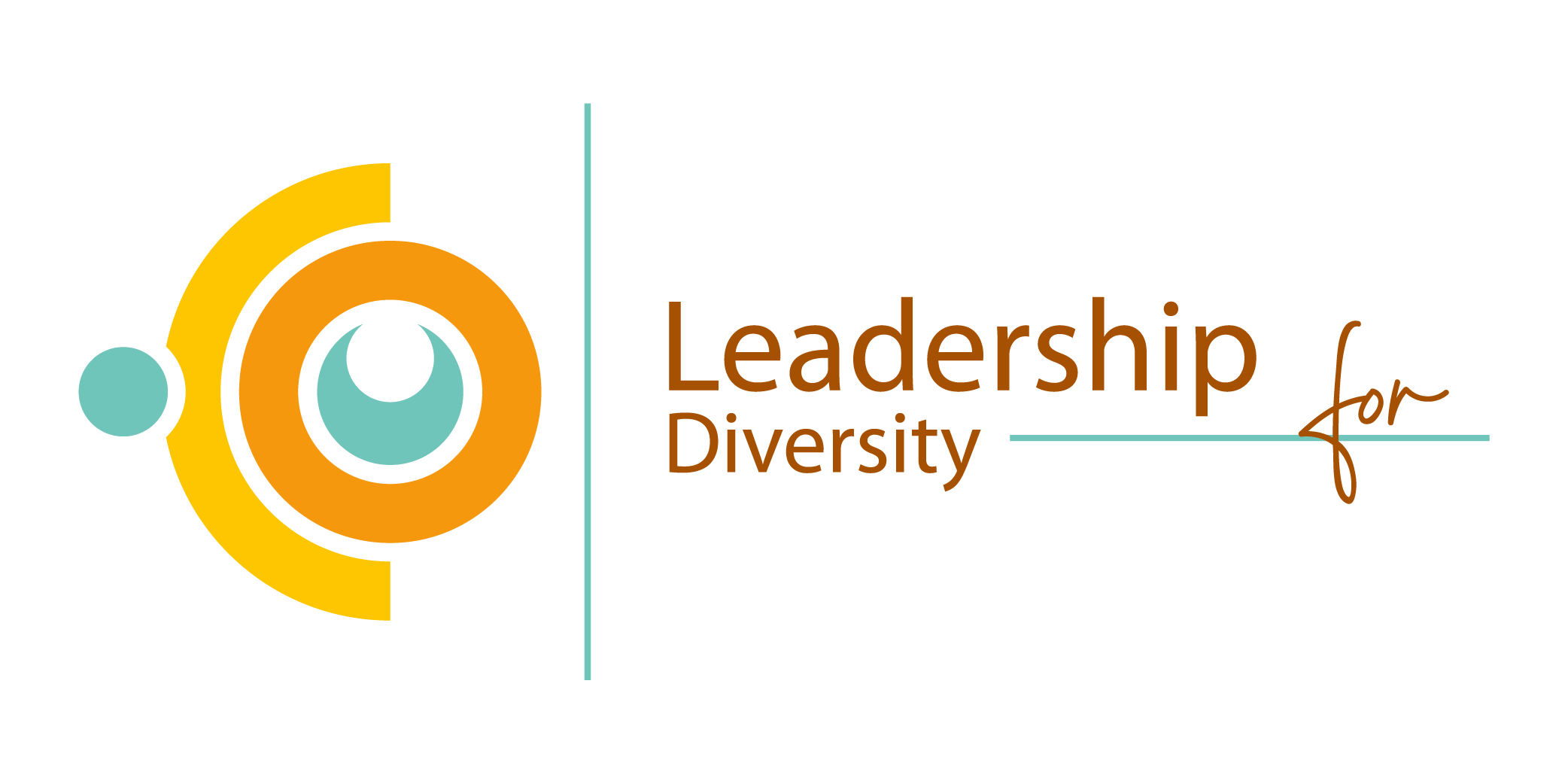Post by intercultures Spain & Latam
Diversity and inclusion are central tenets of today’s global society, permeating every sector – including education. Spain’s school system offers an intriguing backdrop to examine diversity management due to its complex socio-cultural fabric, coupled with the influx of immigrants from diverse regions. Acknowledging this, the Leadership for Diversity (L4D) project has emerged at the forefront, advocating for inclusive practices in Spanish educational institutions.
At the heart of this transformation lie educational leaders, who play a pivotal role in driving the shift towards more inclusive educational environments. Effective diversity management in schools requires leaders who can steer this change, challenging stereotypes, promoting understanding, and facilitating an atmosphere where every student feels valued, seen, and heard.

The Spanish educational landscape is increasingly multicultural. The Ministry of Education and Vocational Training reports a steady rise in foreign students in Spain, from 4.6% in 2000 to over 10% in 2020. This trend necessitates a robust and comprehensive diversity management approach to foster inclusion and equality among all students, irrespective of their cultural, linguistic, or socio-economic background.
As catalysts for change, educational leaders have a two-fold task. Firstly, they must foster an inclusive ethos by actively engaging in multicultural teaching and adopting anti-discriminatory policies. Secondly, they must empower others to embrace and promote diversity within their school communities.
The principles provided by the L4D project also emphasis the necessity for leaders to exhibit intercultural competence and a commitment to social justice.
Spain’s experience underscores the importance of incorporating diversity management in leader training programs. Leaders equipped with such knowledge can effectively influence the school’s culture, ensuring it evolves into an inclusive, diverse, and harmonious learning community. They inspire students, teachers, and the broader school community to value differences and thrive in a multicultural society.
Concurrently, leaders must model inclusive behaviour, ensuring their actions mirror the values they espouse. A study conducted by the University of Granada in 2021 revealed that students felt more included when their leaders actively embodied diversity-friendly practices, fostering a school climate where everyone felt accepted.

Furthermore, data from the Spanish National Institute of Educational Evaluation reveals that schools with a strong focus on diversity management perform better academically and show a higher level of student engagement. Such environments also tend to have lower rates of discrimination, bullying, and exclusion.
In conclusion, as Spain continues to embrace diversity in its school system, the role of educational leaders becomes increasingly critical. Initiatives such as the L4D project underscore the importance of equipping leaders with the tools to effectively manage diversity and promote inclusion. This approach is not only morally right but is also linked with better school performance and a healthier school climate.
Together, we can create an inclusive, equitable, and diverse educational landscape for the students of Spain. The potential for progress is vast, and the journey, while challenging, promises to be rewarding.
